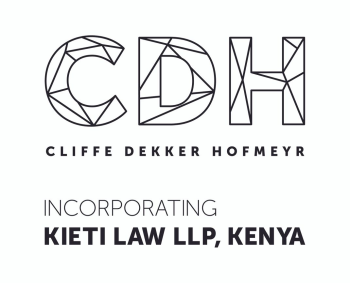Loyalty programme Application of income tax
The South African Revenue Service (SARS) recently published Binding Private Ruling 310, which deals with the tax treatment of customer loyalty programmes.
Loyalty programme
The applicant was a local company supplying goods and services in the course of trade. In order to enhance its business, the applicant proposed to implement a customer loyalty programme through which participating customers could benefit.
Specifically, the loyalty programme would entail the following:
- The applicant would establish a trust, of which the participating customers would be beneficiaries.
- During any particular year, customers would earn points when transacting with the applicant.
- The applicant would make a capital contribution to the trust every year, based on its profitability for that year.
- The contribution would immediately vest in the participating customers (being beneficiaries) in accordance with each participant's participation ratio, which is calculated with reference to the points earned during the year.
The trust would apply the capital contribution, on behalf of the vested participants, to either:
- subscribe for shares in the applicant or its holding company; or
- obtain credits against the applicant, which customers could apply when transacting with the applicant.
Where credits are obtained against the applicant, the trust would use the capital contribution to pay the applicant for such credits, as opposed to the applicant merely crediting customer accounts.
Application of income tax
In respect of income tax, SARS ruled that the applicant could deduct the capital contribution under Section 11(a), as read with Section 23(g), of the Income Tax Act (58/1962).
In respect of value added tax (VAT), SARS ruled as follows:
- The benefits received by the participating customers would not be regarded as consideration for any goods or services supplied by the customer.
- The issue of any shares to the participants (via the trust) would constitute the supply of an exempt financial service under Section 12(a), as read with Section 2(1)(d), of the VAT Act (89/1991), and the payment of the subscription price by the trust on behalf of the participants would constitute consideration for such an exempt supply.
- The payment by the trust to the applicant to obtain credits would constitute consideration to the extent that it is applied towards goods and services already supplied. In this regard, the timing of the supply is important. Under Section 9(1) of the VAT Act, the time of supply would be the earlier of the time an invoice is issued or the consideration is actually received. If the applicant invoices a customer prior to the trust obtaining and the applicant applying for the credits, the applicant's liability to account for VAT will have already arisen.
- The payment by the trust to the applicant to obtain credits would not constitute consideration for the applicant to the extent that it will be applied only against future supplies. As such, the applicant would have no any liability to account for VAT in respect thereof.



